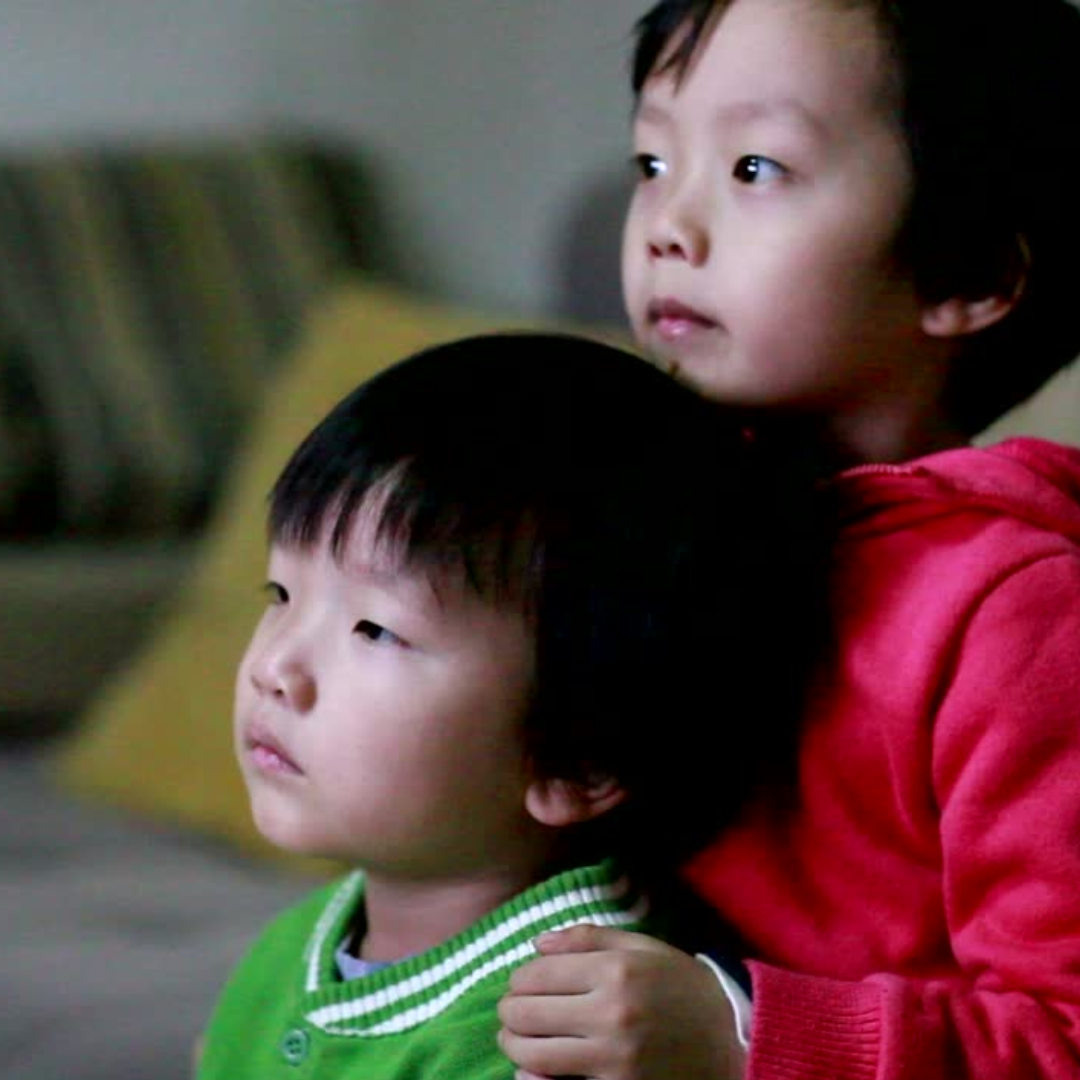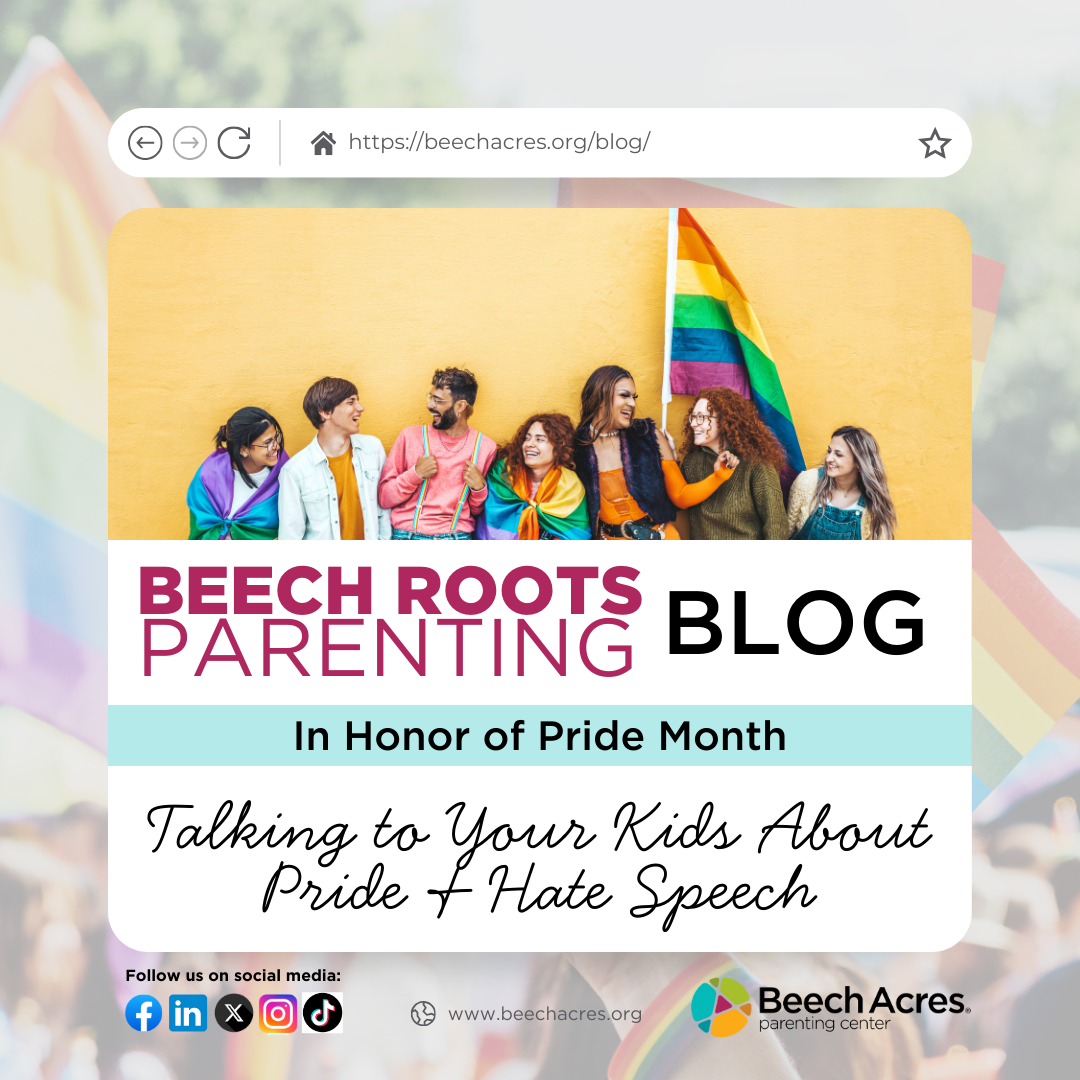Transgender, Non-Binary, and Gender Fluid Fast Facts for Parents

Transgender, Non-Binary, and Gender Fluid Fast Facts for Parents
Important discussions around gender are happening more and more in today’s families. These discussions are important and can help you support your child if they have questions about gender identity. Here are some fast facts to help you have those discussions.
NEW! Sign up for our text message-based course, Understanding and Supporting Transgender Youth. In this course, you’ll be given a brief introduction to who and what the term “transgender” refers to. You’ll also learn ways to support transgender youth while they learn about and express their gender identity. These courses are designed for today’s parents by our parenting experts. Click here to sign up today!
Fast Facts on Transgender, Non-Binary, and Gender Fluid
First, some definitions to help you understand these terms.
Transgender is a broadly used term for persons whose gender expression and identity are different from their sex at birth. According to The Williams Institute at UCLA School of Law, 700,000 people in the United States identify as transgender. While adolescents already face many challenges, transgender youth often struggle with additional challenges and difficulties.
Non-Binary individuals don’t feel like one gender or the other. Gender for them is more “fluid” than we’ve traditionally thought it to be. Non-binary gender identity is simply one term that may be used to describe individuals who may experience a gender identity that is neither exclusively male or exclusively female or is in between or even beyond both genders. Non-binary individuals may also identify as gender-fluid, which is a person who does not necessarily identify themselves as having a fixed gender.
How Can You Support Your Child?
It is critical for parents to be supportive of their children as they discover their gender identity. A recent study published in the Journal of Adolescent Health discovered that the average age that transgender youth notice their gender incongruity is age 8.
As these youth head into puberty and adolescence, it is imperative that they have the support they need. LGBTQ youth are at an increased risk of being bullied, In fact, stopbullying.gov reports that over 50% of LGBTQ students in grades 9-12 experienced cyberbullying. Developing their social intelligence, self-confidence, and perseverance can help them navigate difficult situations.
The American Academy of Pediatrics released a statement in support of transgender youth in 2017. In this statement, AAP stated: “As pediatricians, we know that transgender children fare much better when they feel supported by their family, school, and the larger community. Shaming children based on their gender identity or expression is harmful to their social-emotional health and may have lifelong consequences. This includes public discourse that de-legitimizes the contributions that transgender individuals make to society.”
Parents can support their kids first by listening. This can be difficult territory for your child and you to navigate. Build upon their strengths of bravery and honesty. These are demonstrated in sharing their unique self with others. Being open, honest, and supportive will establish trust with your child. Be careful to not force labels on your child. It is important to respectfully address them using the pronouns they are comfortable with. Letting your child be who they are, helps them define themselves and their own personality. Identify their individual strengths and help them develop those by spotting them, naming them, and encouraging the use of those strengths. As always, seek professional advice if you feel ill-equipped to help your child with this or any issue.
When parents learn their child is lesbian, gay, bisexual, transgender, queer, or gender-expansive (LGBTQ+), they may experience a wide variety of emotions. Confusion about their child’s sexual orientation, gender identity, and/or gender expression. Worry about how their child will be treated by others. Concern because they were taught being LGBTQ+ is wrong or even sinful.
So, what to do when your child comes out?
At Beech Acres Parenting Center we believe the best way to help children is through their parents. You have the strengths you need to raise capable, caring, contributing children and we’re here to help.
You can download our Fast Facts on Transgender here.
Beech Acres Parenting Center affirms the worth and dignity of all children. We believe that discrimination based on gender identity or expression is damaging to the health of children, families, and society. As the fight for inclusion moves from public restrooms to school locker rooms, Beech Acres unequivocally and emphatically stands in solidarity with transgender youth, and all transgender individuals. Read more…
Additional Resources:
https://www.cdc.gov/lgbthealth/ transgender.htm
https://williamsinstitute.law.ucla.edu/publications/how-many-people-lgbt/
https://www.cnn.com/2018/02/06/health/teens-gender-nonconforming-study-trnd/index.html
https://rightasrain.uwmedicine.org/life/parenthood/transgender-nonbinary-youth
https://www.cincinnatichildrens.org/service/a/adolescent-medicine/programs/transgender





